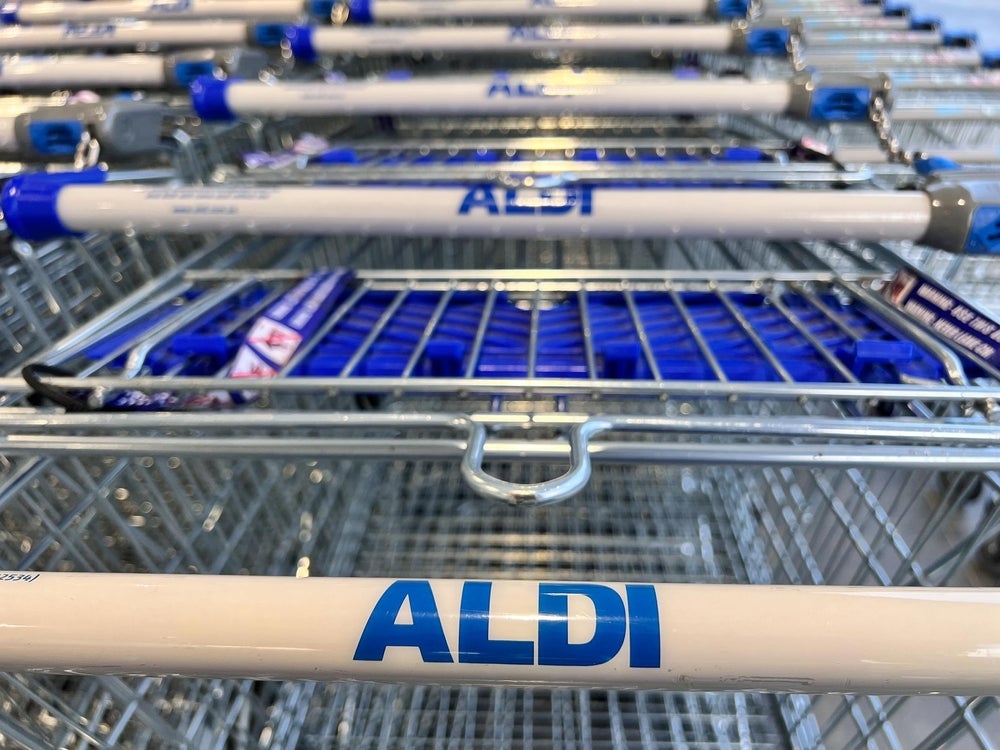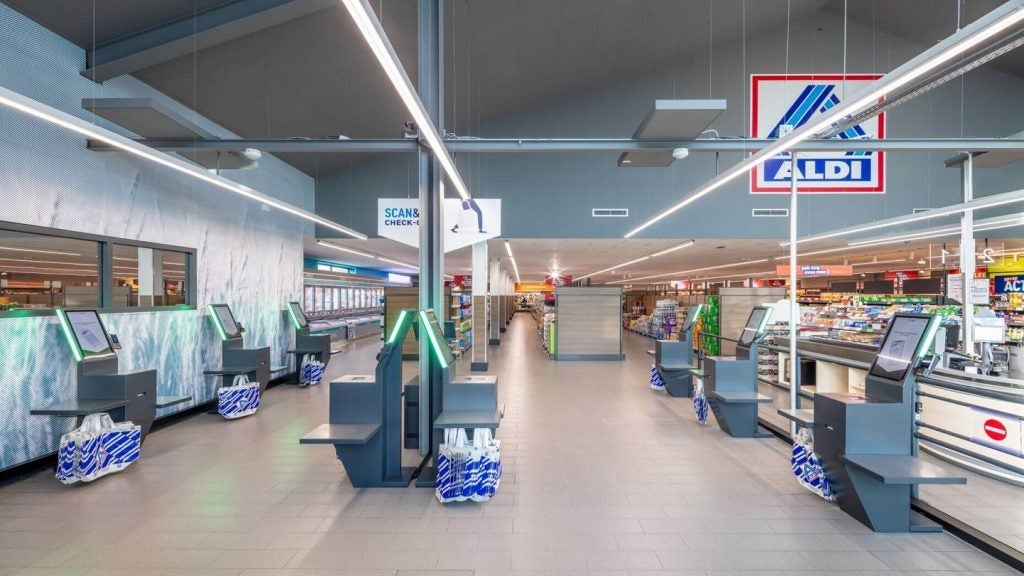UK-based online fashion and cosmetic retailer ASOS has reported that its sales declined 15% year-on-year (YoY) in the fourth period (P4) of fiscal year (FY) 2023.
During the period to 3 September 2023, total sales in the UK declined by 16%. Meanwhile, sales in Europe and the US dropped by 7% and 19%, respectively.
ASOS has stated that it has already realised £300m ($366.71m) of profit improvement and cost savings, which aligns with its FY23 target despite the sales decline.
The improvement has driven order profitability up by more than 35% YoY.
The retailer’s adjusted gross margin grew nearly 150 basis points (bps) YoY in the second half, driven primarily by lower freight and duty costs.
The company’s adjusted H2 earnings before interest and taxes (EBIT) increased by more than 100% YoY. Cash flow improved by approximately £140m over the period.
Looking ahead, ASOS expects EBIT to be at the bottom of its guided range of £40m to £60m.
The company said that it kept all other guidance unchanged.
ASOS chief executive officer José Antonio Ramos Calamonte said: “ASOS has delivered on the Driving Change agenda and, as a consequence, is a leaner and more resilient business twelve months after its launch.
“We have reduced our stock balance by 30%, significantly improved the core profitability of the business and generated cash against a very challenging market backdrop. We continue to focus on bringing the best fashion and the most engaging proposition to our customers as we make progress on our journey to sustainably profitable and cash generative growth.”
In June this year, the Times reported that ASOS secured a takeover bid from Turkish online retailer Trendyol.















